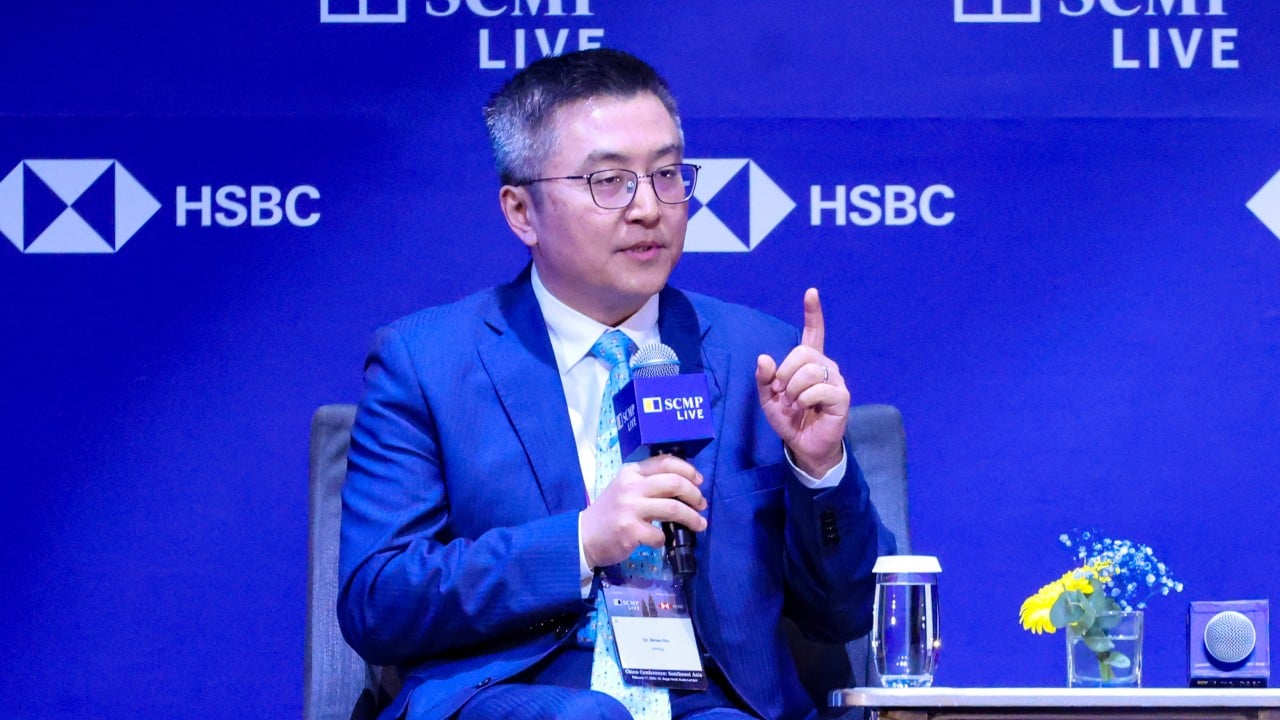Published: 7:10pm, 17 Feb 2025Updated: 7:27pm, 17 Feb 2025
Southeast Asia’s electric vehicle market is primed for rapid expansion, but the lack of a unified legal framework and fragmented regulations could undermine its EV ambitions, Xpeng president Brian Gu has warned.
Advertisement
Speaking at the South China Morning Post’s China Conference: Southeast Asia 2025 on Monday, Gu acknowledged the region’s immense potential but cautioned that inconsistent policies on manufacturing incentives and emerging technologies could discourage investment.
“Asean’s EV growth rate is actually among the highest globally. That is very exciting,” said the head of Xpeng, a leading Chinese EV maker. “[However], regulatory fragmentation is one of the biggest challenges.”
Gu, speaking on a panel about Southeast Asia’s ambitions to become an EV hub, pointed out that the lack of a clear legal framework for advanced EV technologies was making it difficult for manufacturers to introduce new models in the region.
He said this was in contrast to China, where the EV boom has led to policies specifically tailored to the sector.

Founded in 2014, Xpeng has positioned itself as a smart EV company, launching its AI Chauffeur autonomous driving system last year. However, the technology is currently only available in China due to regulatory limitations elsewhere.

